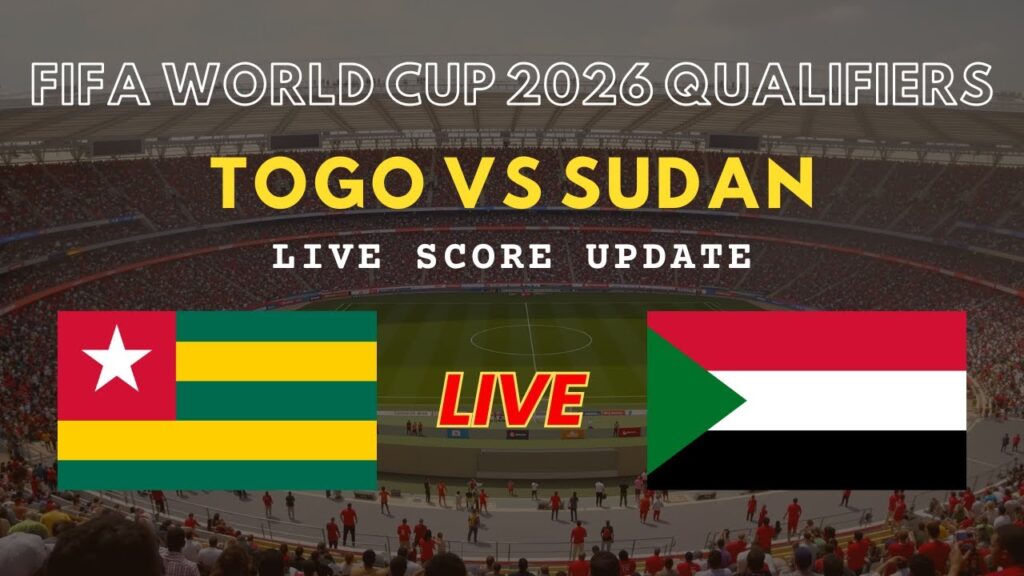
Introduction
The comparison between Togo and Sudan is significant in understanding the broader political dynamics of Africa. With both countries having experienced their own unique challenges in governance, economic instability, and social movements, the ongoing developments provide valuable insights into how each nation navigates its path to stability and development. As Africa continues to grapple with various political and social issues, the situations in Togo and Sudan stand out as particularly illustrative of the region’s complexities.
Political Landscape
Togo, a West African nation, has been under the leadership of President Faure Gnassingbé since 2005, following the death of his father, Gnassingbé Eyadéma, who had been in power for 38 years. Recent protests in Togo have centered around calls for political reform and the end of the Gnassingbé dynasty, reflecting widespread discontent over human rights issues and economic inequality.
In contrast, Sudan has experienced a dramatic political transition following the ousting of long-time dictator Omar al-Bashir in 2019. The establishment of a fragile power-sharing agreement between military and civilian leaders aimed to steer the nation towards democratic governance. However, ongoing clashes and power struggles between military factions have hindered effective governance, leading to a prolonged state of instability.
Recent Events
As of late 2023, protests in Togo have intensified, with thousands of citizens demanding government accountability and reforms. The Togolese government has responded with a mixture of concessions and crackdowns, resulting in social tensions that pose risks to the regime’s stability.
Meanwhile, Sudan remains in a precarious state, with reports of escalating violence and a humanitarian crisis exacerbated by military conflicts. The United Nations has warned of a potential famine as millions face food insecurity, underlining the urgent need for international intervention and support.
Conclusions and Future Implications
The situations in Togo and Sudan serve as critical reminders of the diverse political landscapes in Africa. While Togo grapples with the legacy of dictatorial rule and demands for democracy, Sudan faces its challenges in establishing a stable governance structure amidst military upheaval.
Forecasting the future, observers suggest that international support for democratic movements in both nations could be crucial. For Togo, a successful transition to democratic governance may enhance regional stability, while Sudan could benefit from a clear resolution to power struggles, promoting peace and rebuilding efforts. The implications of these political scenarios extend beyond their borders, influencing the stability and development of the entire West African and Northeastern region.



